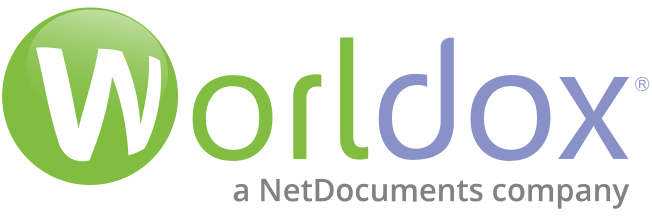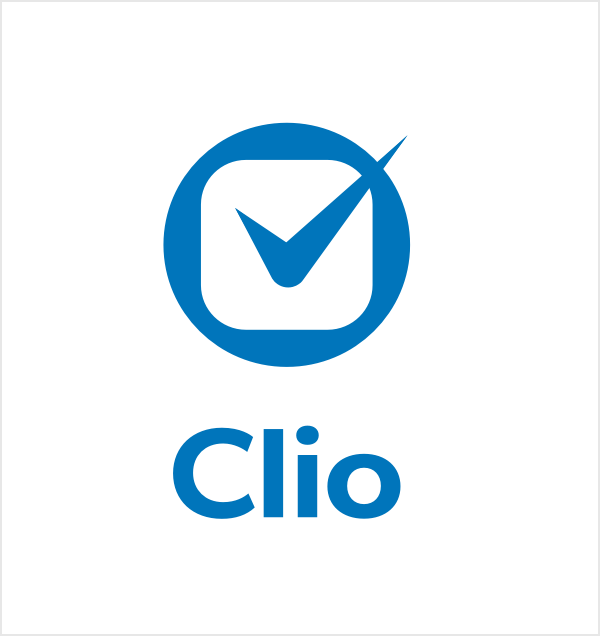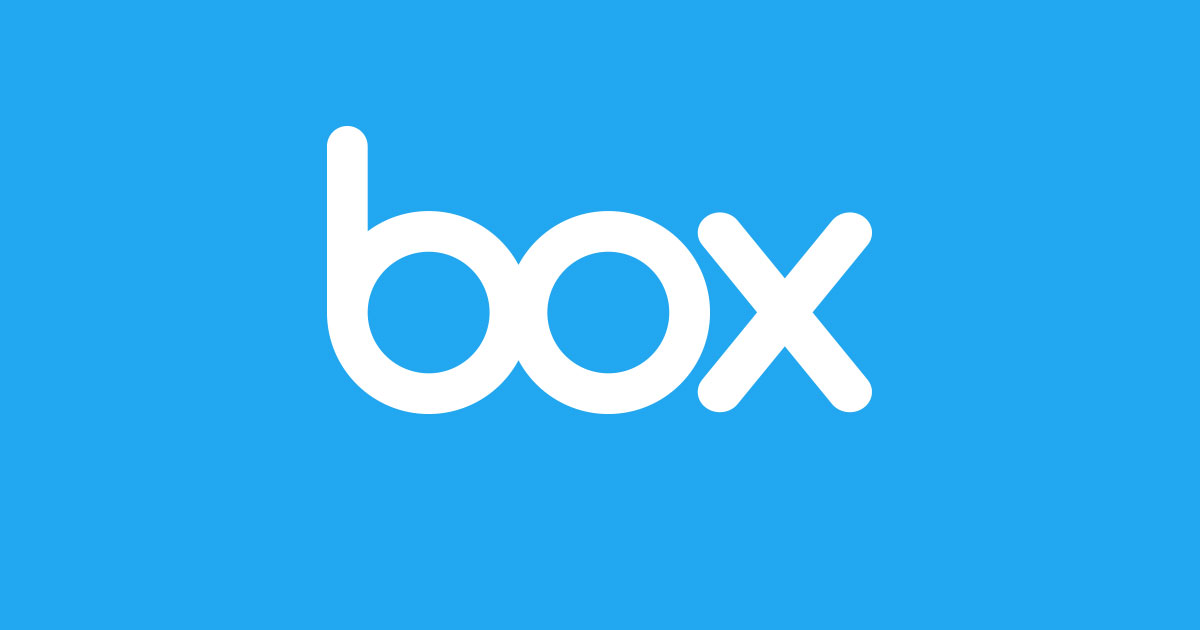Legal Document Management Software
Introducing Legal Document Management Software: Streamline and Secure Your Legal Document Workflow
In the fast-paced and highly regulated world of law, efficient document management is paramount. That's where Legal Document Management Software comes in. This powerful software solution empowers law firms, corporate legal departments, and professionals in the legal industry to streamline their document workflows, enhance collaboration, and ensure data security.
With Legal Document Management Software, you can securely store, organize, and retrieve your legal documents with ease. Its robust features enable seamless document sharing, version control, and audit trails. Whether you need to manage contracts, case files, or client records, this software helps you stay organized, compliant, and productive.
Experience the benefits of efficient document management and take your legal practice to new heights with Legal Document Management Software.
There are several reputable legal document management software options available in the market. The "best" software for your needs depends on various factors, such as your specific requirements, budget, and the size of your organization.

However, I can provide you with a list of some popular and highly regarded legal document management software solutions:
-
iManage Work:
iManage Work is a comprehensive document and email management system designed specifically for law firms and legal departments. It offers features such as document creation, collaboration, version control, and search capabilities. -
NetDocuments:
NetDocuments is a cloud-based document management system that provides secure storage, collaboration, and workflow automation for legal professionals. It offers features like full-text search, version control, document profiling, and integration with popular legal applications. -
Worldox:
Worldox is a popular document management system used by law firms and legal departments. It offers robust document indexing, search, and retrieval capabilities, as well as email management, document profiling, and integration with Microsoft Office. -
DocuWare:
DocuWare is a versatile document management system that caters to various industries, including legal. It provides document storage, indexing, workflow automation, and integration with other applications. DocuWare offers both cloud-based and on-premises deployment options. -
Clio:
While primarily known as a practice management software, Clio also offers document management features. It enables lawyers to store, organize, and access their legal documents securely, along with other essential features like time tracking, billing, and client communication. -
Box:
The Box is a cloud-based content management platform widely used across various industries, including legal. It offers secure document storage, collaboration, and workflow automation capabilities, along with integration options for legal applications.
1. iManage Work:

iManage Work is a popular document and email management software specifically designed for law firms, corporate legal departments, and other professional services organizations. It offers a range of features and capabilities to help legal professionals efficiently manage their documents and collaborate effectively.

Here are some key features of iManage Work:
-
Document Management:
iManage Work provides a centralized repository for storing and organizing all types of legal documents. It offers robust document indexing and search capabilities, making it easy to find and retrieve specific files quickly. It also supports version control, allowing users to track document changes and collaborate on the most up-to-date versions. -
Email Management:
With iManage Work, you can seamlessly integrate your email client, such as Microsoft Outlook, to capture and manage emails alongside other documents. It automatically saves emails to the relevant matter or project, enabling easy organization and retrieval. -
Collaboration and Workflows:
iManage Work facilitates secure document collaboration and sharing. Users can collaborate on documents in real-time, leave comments, and track changes. The software also supports workflow automation, streamlining processes, and improving productivity. -
Security and Compliance:
iManage Work prioritizes the security of sensitive legal documents. It offers robust access controls, encryption, and audit trails to ensure data confidentiality. The software also assists with compliance requirements, such as maintaining document version history and enabling records management. -
Integration and Mobility:
iManage Work integrates with various legal applications and tools, including Microsoft Office, legal billing software, and e-discovery platforms. It also provides mobile apps, allowing users to access and work on documents from anywhere, using their smartphones or tablets. -
Artificial Intelligence (AI) Capabilities:
iManage leverages AI technology to enhance document search, classification, and extraction. The system can automatically categorize and tag documents, making it easier to organize and retrieve information.
2. NetDocuments:

NetDocuments is a cloud-based document and email management software designed for law firms, corporate legal departments, and professional services organizations. It provides a secure and centralized platform for managing, organizing, and collaborating on legal documents.

Here are some key features of NetDocuments:
-
Cloud-Based Storage and Access:
NetDocuments operates entirely in the cloud, which means you can securely store your documents and access them from anywhere, using any device with an internet connection. This allows for seamless collaboration and remote work capabilities. -
Document Organization and Search:
NetDocuments offers robust document indexing and search capabilities, making it easy to locate specific files quickly. It provides advanced search options, metadata tagging, and filtering to help you efficiently organize and find your documents. -
Collaboration and Version Control:
The software facilitates real-time collaboration on documents, allowing multiple users to work on the same files simultaneously. It provides version control features to track document changes and maintain a comprehensive audit trail. -
Email Management:
NetDocuments integrates with popular email clients, such as Microsoft Outlook, to capture and manage emails alongside other documents. This ensures that all relevant communication is stored and accessible within the system. -
Security and Compliance:
NetDocuments prioritizes data security and compliance. It employs robust security measures, including encryption, access controls, and audit trails, to protect sensitive legal information. The software also helps organizations comply with industry regulations and data privacy requirements. -
Integration and Productivity Tools:
NetDocuments integrates with various legal applications, allowing seamless access to third-party tools and systems. It offers productivity features such as document comparison, annotation, and redlining, which enhance collaboration and streamline workflows. -
AI-Powered Features:
NetDocuments leverages artificial intelligence and machine learning technologies to improve document management. It includes features like predictive email filing, document profiling, and automated document classification for efficient organization and retrieval.
3. Worldox:

Worldox is a popular document management software designed for law firms, legal departments, and other professional service organizations. It offers robust features and functionalities to help users efficiently manage their documents, emails, and other critical information.

Here are some key features of Worldox:
-
Document Storage and Organization:
Worldox provides a centralized repository for storing and organizing documents. It offers powerful indexing and search capabilities, allowing users to quickly locate specific files based on keywords, metadata, or other criteria. The software supports various file types and integrates with popular applications. -
Email and Outlook Integration:
Worldox seamlessly integrates with Microsoft Outlook, enabling users to capture, store, and manage emails within the system. It allows for easy filing of emails into relevant matter or project folders, ensuring important correspondence is organized alongside other documents. -
Version Control and Collaboration:
Worldox includes version control functionality, allowing users to track document changes and access previous versions when needed. It also facilitates collaboration by enabling multiple users to work on the same document simultaneously, with check-in/check-out capabilities to avoid conflicting edits. -
Security and Access Controls:
Worldox prioritizes document security and provides robust access controls to protect sensitive information. It offers user-level permissions, allowing administrators to assign specific access rights to individuals or groups. The software also tracks document access and activities, providing an audit trail for compliance and security purposes. -
Workflow Automation:
Worldox offers workflow automation features to streamline document-centric processes. Users can define and implement workflows, such as document review and approval processes, to enhance efficiency and productivity. -
Integration and Extensibility:
Worldox integrates with various legal applications, allowing seamless access to third-party tools and systems commonly used in the legal industry. The software also provides APIs and customization options, enabling organizations to tailor the solution to their specific needs. -
Mobility and Remote Access:
Worldox supports remote access, allowing users to securely access and work on documents from anywhere using web browsers or mobile devices. This feature enables remote collaboration and facilitates productivity while on the go.
4. DocuWare:

DocuWare is a versatile document management software that caters to various industries, including legal. It provides a comprehensive set of features to help organizations efficiently manage their documents, automate workflows, and enhance collaboration.

Here are some key features of DocuWare:
-
Document Storage and Organization:
DocuWare offers a centralized repository for storing and organizing documents. It supports various file formats and provides flexible folder structures, tags, and metadata to categorize and retrieve documents easily. Users can also utilize full-text search capabilities to locate specific information within documents. -
Workflow Automation:
DocuWare enables organizations to automate document-centric processes and workflows. It allows users to define rules and routing paths for document approvals, reviews, and other tasks. Automated workflows enhance efficiency, reduce manual effort, and ensure consistency in business processes. -
Collaboration and Version Control:
DocuWare facilitates collaboration by providing secure document sharing and version control features. Users can collaborate on documents in real-time, leave comments, and track changes. The software ensures that everyone is working on the most up-to-date version of a document, avoiding version conflicts. -
Integration and Connectivity:
DocuWare integrates with a wide range of applications and systems, including popular CRM, ERP, and email platforms. Integration capabilities allow for seamless data exchange and access to documents from within other applications, streamlining workflows and increasing productivity. -
Document Capture and Processing:
DocuWare includes document capture capabilities to digitize paper documents and transform them into searchable digital files. It supports optical character recognition (OCR) and intelligent data extraction, automating the capture and processing of information from documents. -
Security and Compliance:
DocuWare prioritizes data security and compliance. It offers role-based access controls, encryption, and audit trails to protect sensitive information. The software supports compliance with various regulations, such as GDPR and HIPAA, by enabling records management, retention policies, and document version history. -
Mobile Access:
DocuWare provides mobile apps for iOS and Android devices, allowing users to access and work on documents while on the go. Mobile access ensures remote collaboration and enables users to stay productive outside the office.
5. Clio:
Clio is a cloud-based practice management software designed specifically for law firms and legal professionals. While Clio is primarily known for its practice management features, it also offers document management capabilities to help users organize, store, and collaborate on legal documents.

Here are some key features of Clio:
-
Document Storage and Organization:
Clio provides a centralized document repository where you can store and organize your legal documents. It allows you to create folders and subfolders to categorize documents based on matters or practice areas. You can easily upload documents and access them from anywhere using a web browser or mobile app. -
Document Collaboration:
Clio enables collaboration on documents by allowing multiple users to access and work on them simultaneously. You can share documents with colleagues, clients, or other external parties and set permissions to control their level of access and editing rights. This facilitates efficient collaboration and enhances teamwork. -
Document Versioning:
Clio tracks document versions, enabling you to maintain a history of changes made to a document. You can view previous versions, compare them, and revert to an earlier version if needed. This ensures that you have a complete audit trail of document modifications. -
Document Assembly and Templates:
Clio includes document assembly functionality that allows you to create templates for frequently used legal documents. You can populate these templates with client-specific information and generate customized documents with ease. This feature saves time and ensures consistency in document creation. -
Email Integration:
Clio integrates with popular email platforms like Microsoft Outlook and Gmail. You can save emails directly into the relevant matter in Clio, linking them to the associated documents and providing a centralized location for all matter-related communication. -
Document Automation:
Clio offers automation features to streamline document-related tasks. You can set up workflows and automate routine document processes, such as generating document packets, sending document requests for signature, or assigning tasks related to document preparation. -
Security and Compliance:
Clio prioritizes data security and compliance. It provides robust security measures, including data encryption, regular data backups, and user access controls. The software also supports compliance with industry regulations, such as GDPR and HIPAA, by implementing features like document retention policies and access logs.
6. Box:

The Box is a cloud-based content management and collaboration platform that is widely used across various industries, including the legal sector. While Box is not specifically designed for legal professionals, it offers robust document management capabilities that can be adapted to suit the needs of law firms and legal departments.
Here are some key features of Box:
-
Secure Document Storage:
Box provides a secure cloud-based storage platform where you can store and organize your legal documents. It offers ample storage space and ensures that your documents are accessible from anywhere, using any device with an internet connection. -
Document Collaboration and Sharing:
Box facilitates easy collaboration on documents with internal team members, clients, and external partners. You can share files and folders, set permissions, and track document versions to ensure everyone is working with the latest information. -
Access Controls and Permissions:
The box allows you to define granular access controls and permissions for your documents. You can determine who can view, edit, or share documents, and set password protections and expiration dates for shared links. -
Version Control and Audit Trail:
Box maintains a version history of documents, allowing you to track changes, revert to previous versions, and view an audit trail of document activities. This feature helps ensure document integrity and provides an audit trail for compliance purposes. -
Document Annotations and Comments:
The box includes annotation and commenting features that allow users to collaborate and provide feedback directly on documents. This enhances communication and streamlines document review processes. -
Integration with Legal Applications:
Box integrates with various legal applications commonly used in the legal industry, such as e-discovery tools, contract management systems, and e-signature platforms. Integration capabilities allow for seamless data exchange and workflow efficiencies. -
Security and Compliance:
Box prioritizes data security and compliance. It offers robust security measures, including encryption, access controls, and data loss prevention. The platform also supports compliance with regulations like GDPR, HIPAA, and FINRA.








0 Comments